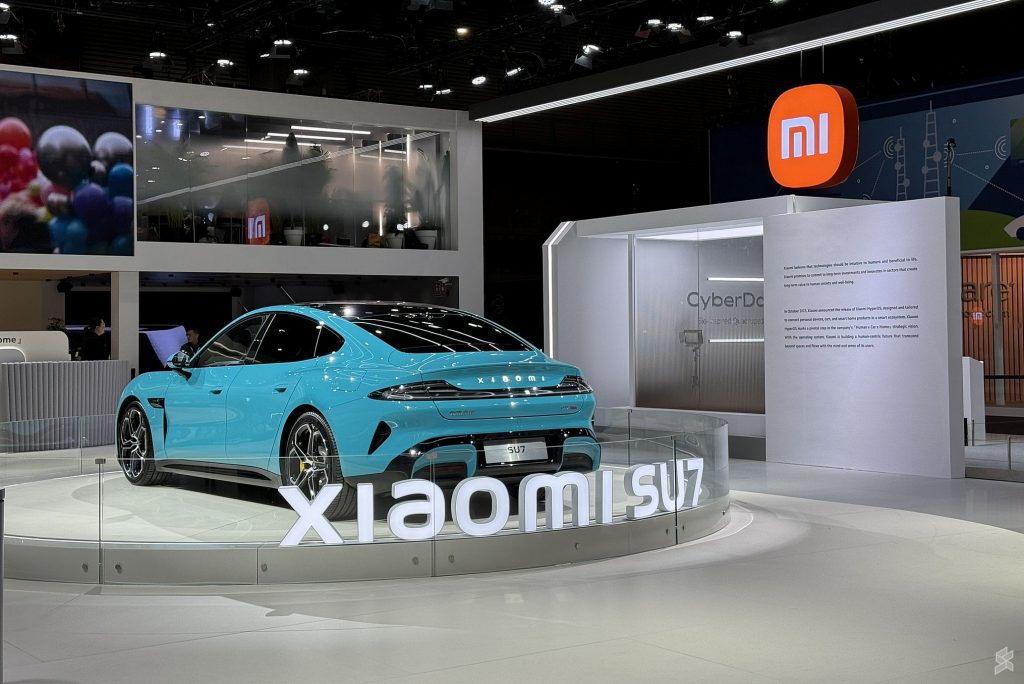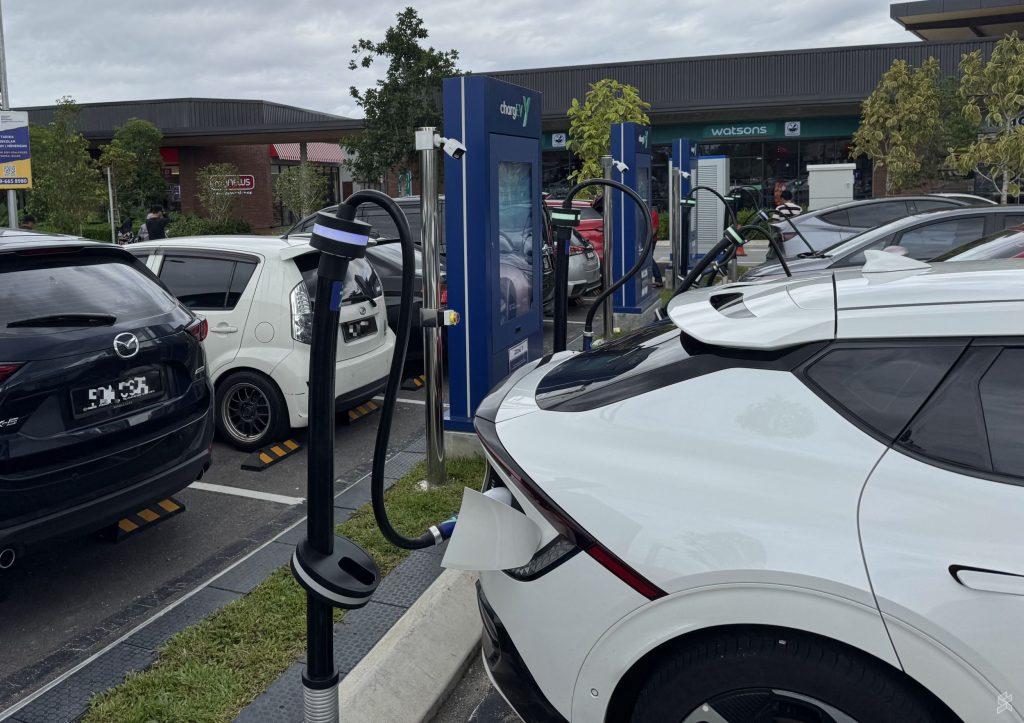Xiaomi is expected to begin deliveries for the SU7 electric vehicle very soon as the official launch is happening at the end of this month. The official release comes just three years after the smartphone giant announced plans to make their very own electric vehicle.
Xiaomi SU7 official launch happening on 28th March
Xiaomi founder and CEO Lei Jun posted on Weibo earlier this week that he is keeping his three-year promise of launching the EV by the first half of 2024. He revealed 28th March 2024 as the release date for the SU7.
He added that the Xiaomi SU7 will be displayed at 59 showrooms in 29 cities in China and test drives will be offered after the official launch. A few days ago, he said more than 100,000 people had made appointments to view the car.
The Xiaomi SU7 was first revealed on 28th December 2023 during its first EV technology showcase and the car is seen as direct rival to the Porsche Taycan. Recently, the company also showcased the EV at Mobile World Congress 2024 in Barcelona.
It was reported that customers can place orders for the Xiaomi SU7 but the official pricing isn’t revealed yet. It is speculated that the EV would be priced between CNY 250,000 to CNY 370,000 (about RM163,338 to RM241,740), which undercuts the Porsche Taycan by a significant margin.
Xiaomi SU7 is designed to challenge the Porsche Taycan
Instead of launching a “cheap and good” EV, Xiaomi has ambitious goals for its first-ever electric vehicle by releasing a performance sedan that takes on the likes of the Porsche Taycan. The range-topping Xiaomi SU7 Max has a twin-motor all-wheel-drive setup that delivers a total output of 664hp and 838Nm of torque.
The EV is quicker than the Taycan Turbo as it can get from 0 to 100km/h in just 2.78 seconds, up to a top speed of 265km/h. The SU7 Max even comes with a Boost mode which unlocks the maximum torque for 20 seconds. There’s also a Launch Control mode and it also comes with active aero and adjustable rear wings.
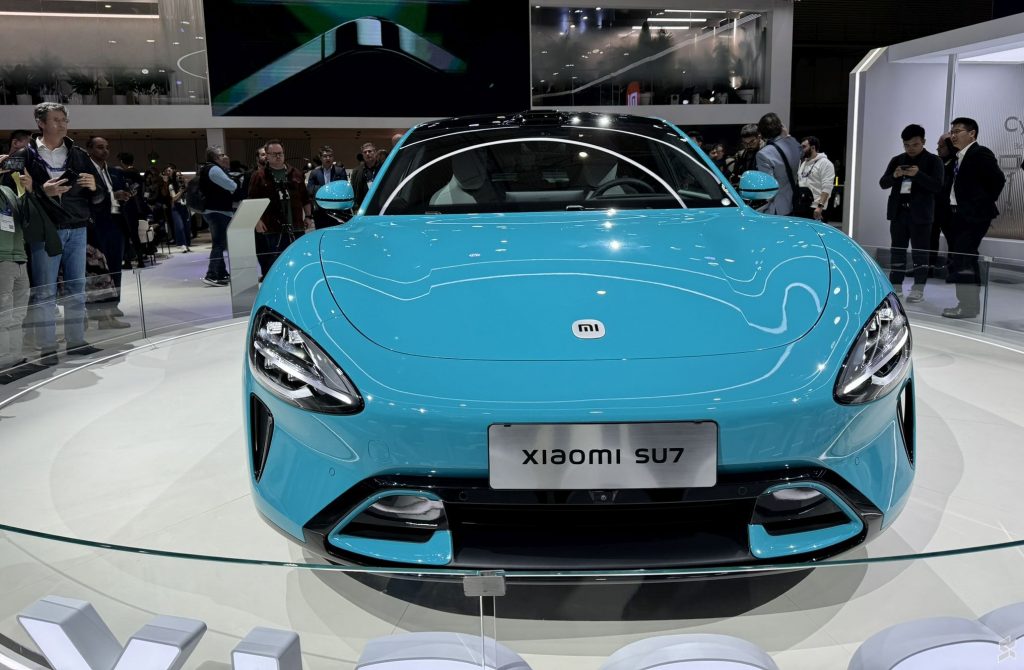
While the design looks heavily inspired by the Taycan, the exterior design is highly efficient with a drag coefficient of just 0.195Cd. Equipped with a 101kWh 800V battery, the SU7 Max claims to deliver up to 800km of range based on the lenient CLTC standard.
Xiaomi has not provided any charging rates but it claims that a quick 15-minute DC fast charge can deliver up to 510km of range. If you are really in a hurry, a 5-minute charge is said to deliver a respectable 220km of range.
Besides going fast, the SU7 is also boasts superior braking performance with Brembo brakes. Equipped with a Borsch DPB brake controller and ESP10.1 stability control system, Xiaomi says that their performance EV can come to a complete halt from 100km/h in just 33.3 metres.
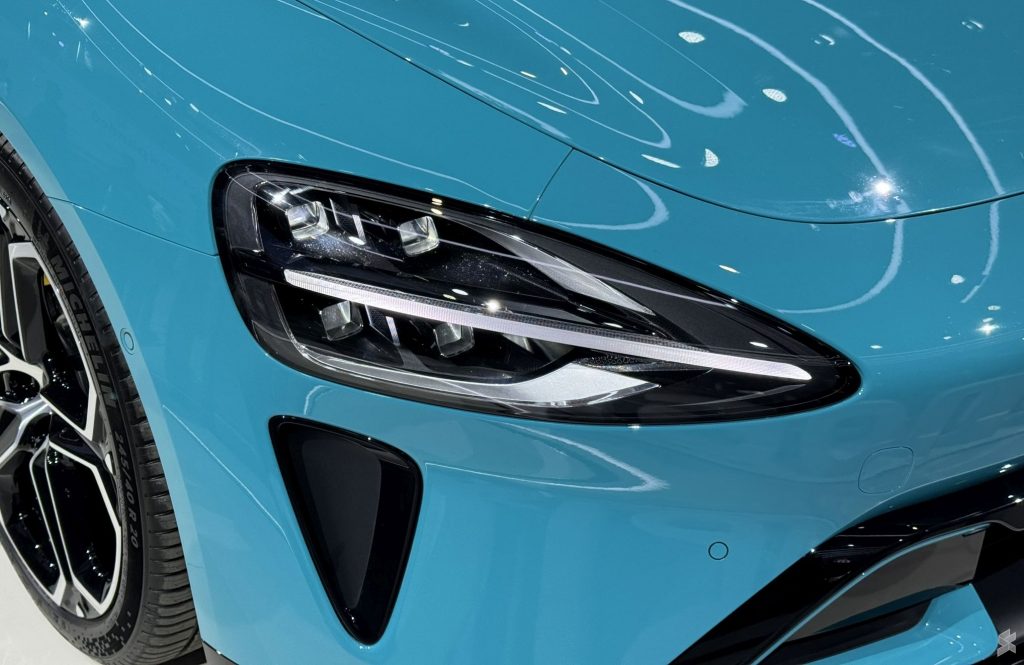
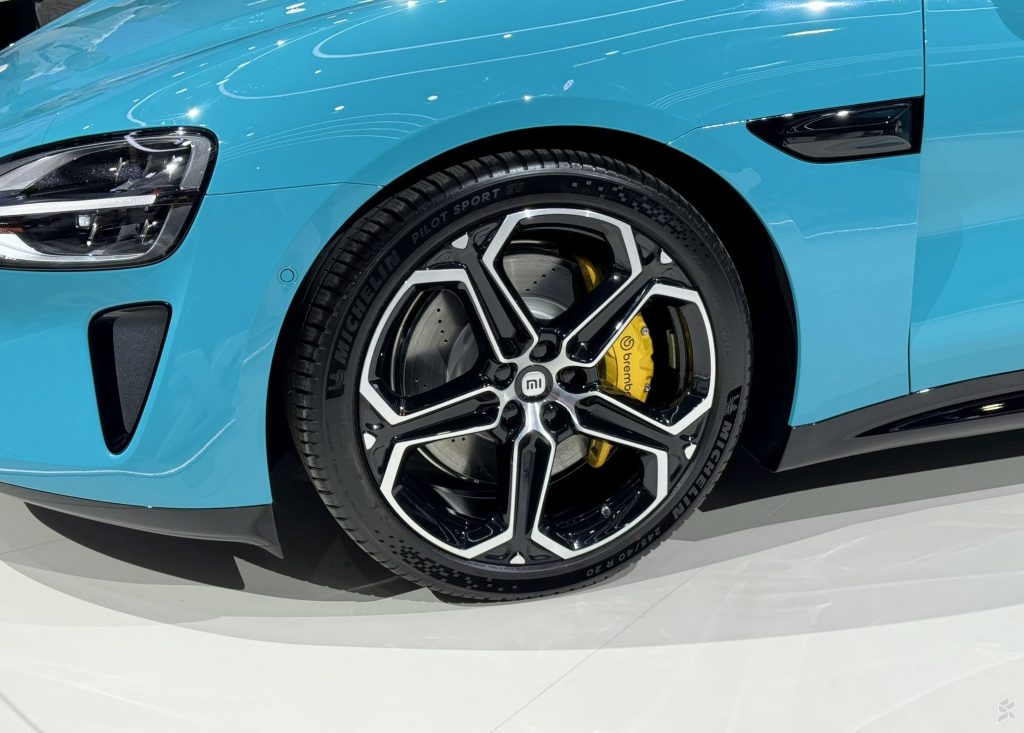
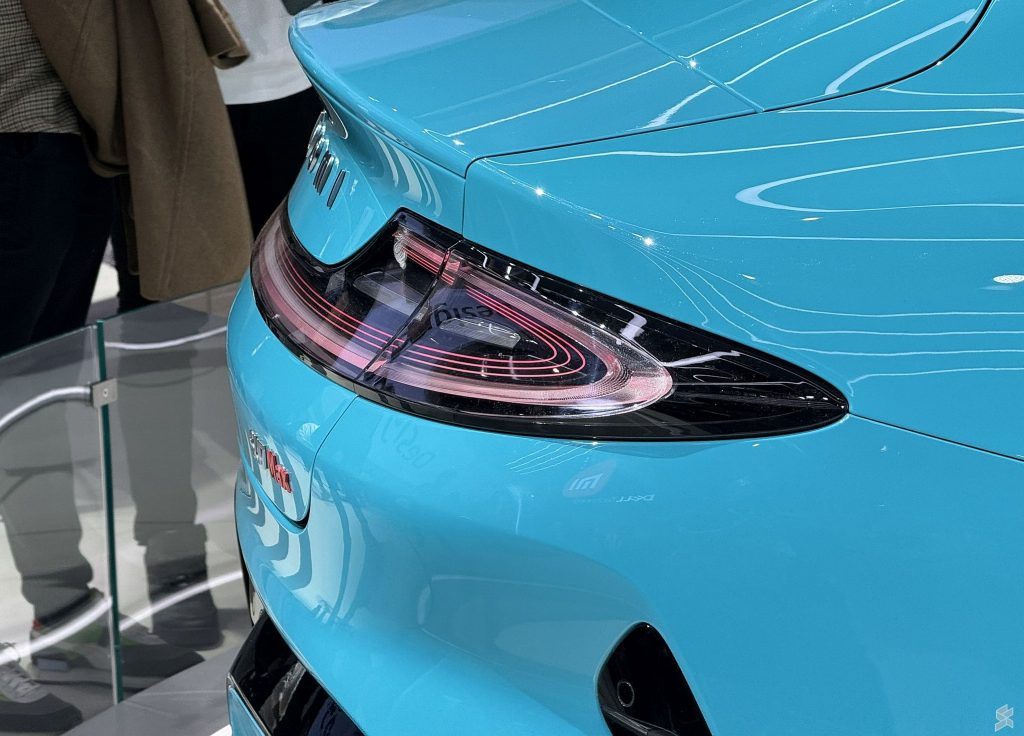
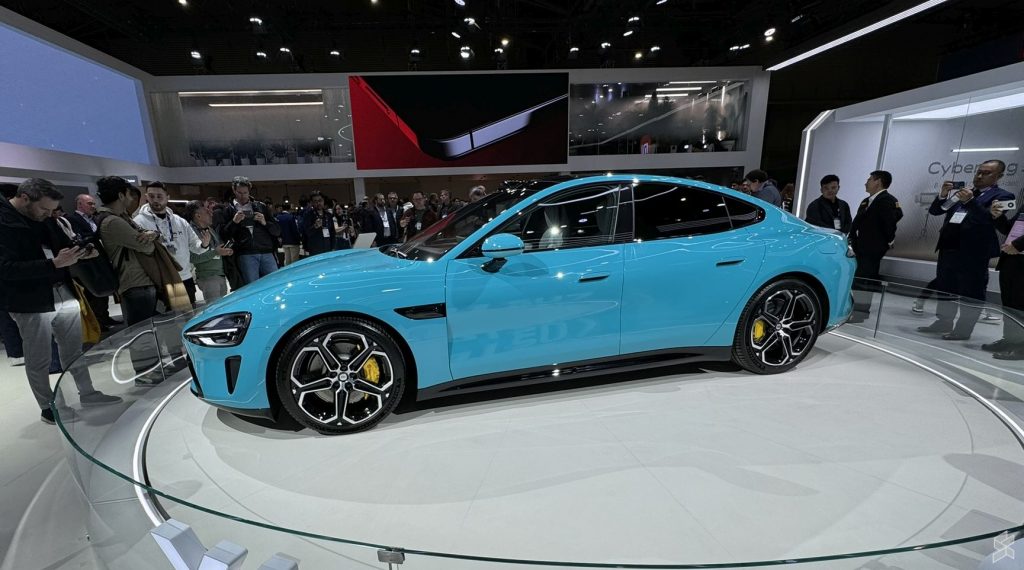
Xiaomi has also announced a “standard” SU7 equipped with a single motor at the rear and a smaller 73.6kWh 400V-based LFP battery. The normal SU7 is no slouch as the single motor with 295hp and 400Nm of torque can get it from 0-100km/h in 5.28 seconds, up to a top speed of 210km/h. The standard model claims to get up to 330km of range with 15 minutes of DC fast charging and the battery has a CTLC-rated 668km of range on a single charge.
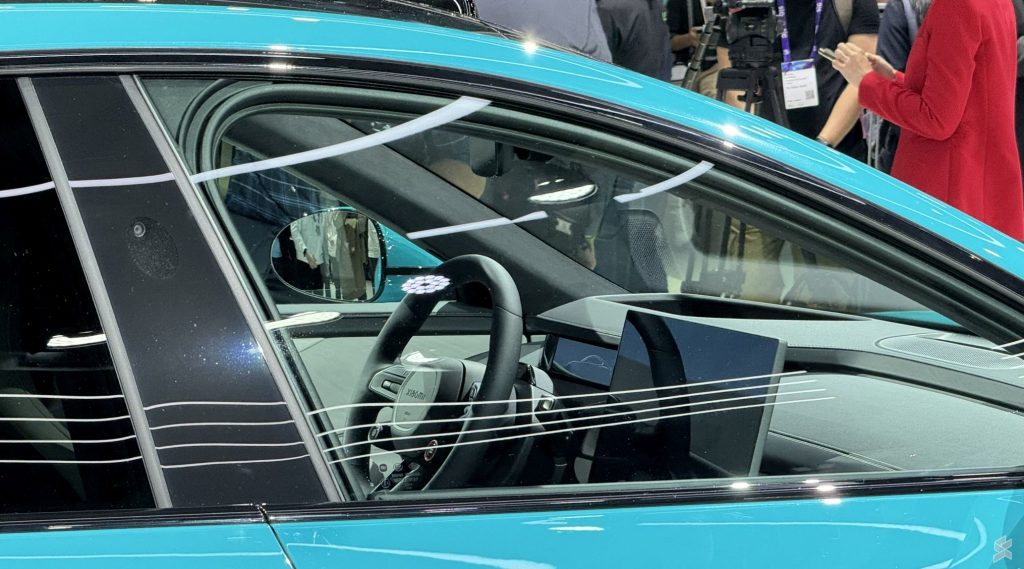
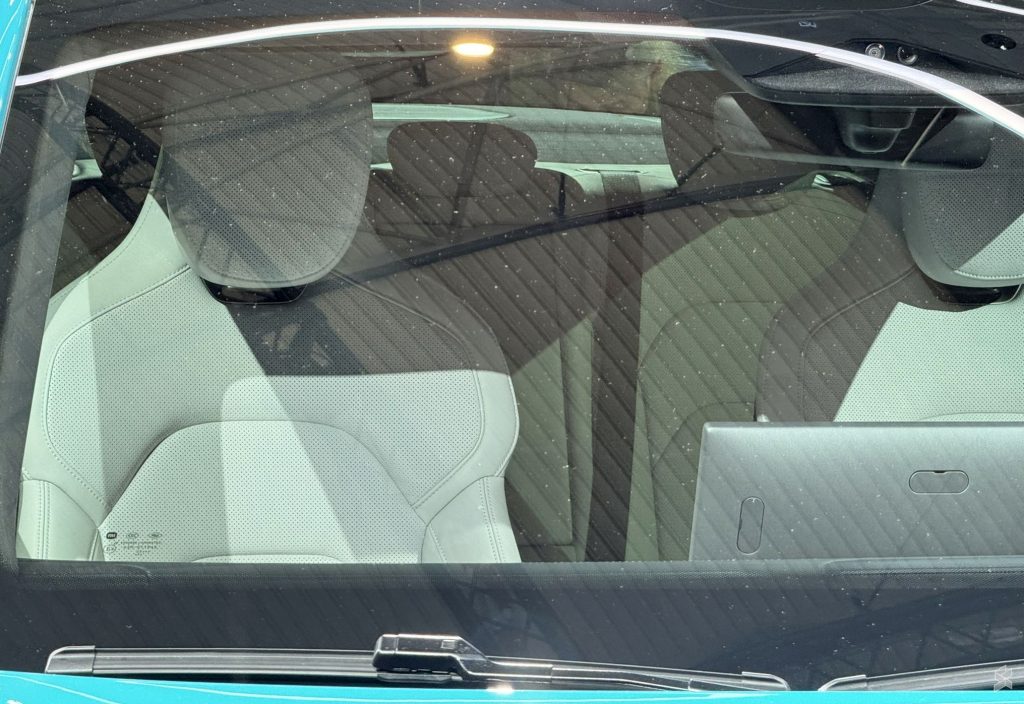
Since Xiaomi is going big on IoT, the EV runs on HyperOS powered by a Snapdragon 8295. The car comes with a massive 16.3″ 3K display in the centre and a 7.1″ digital instrument cluster. On top of that, there’s even a 56″ head-up display which is massive on paper.
While the dashboard is dominated by screens, SU7 owners can still add-on extra accessories such as physical button and knob controls for the infotainment display, aroma diffuser and even extra Mi Pads for rear passengers. For a more connected experience, Xiaomi also introduced CarIoT which allows third-party developers and manufacturers to develop products for the SU7.
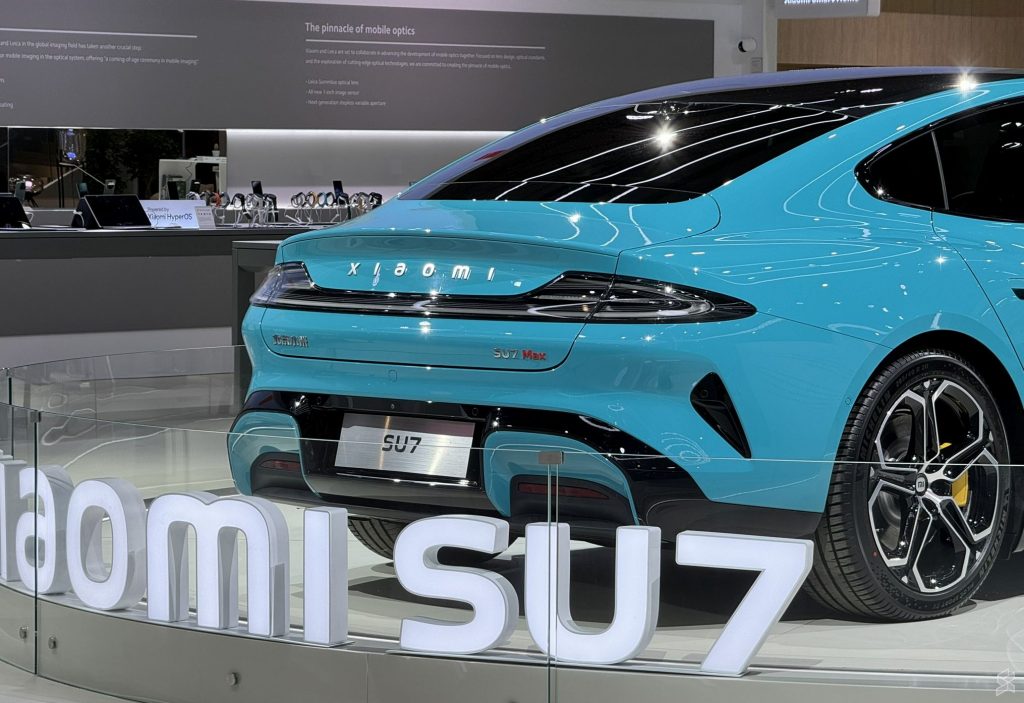
Self-driving is also a main feature that Xiaomi has been developing in the past few years. The SU7 Max has an intelligent driving system called Xiaomi Pilot which uses two Nvidia Drive Orin SoCs and an array of sensors including 11 HD cameras, 12 ultrasonic radars, 3 mmWave radars and a LiDAR module that sits on the roof.
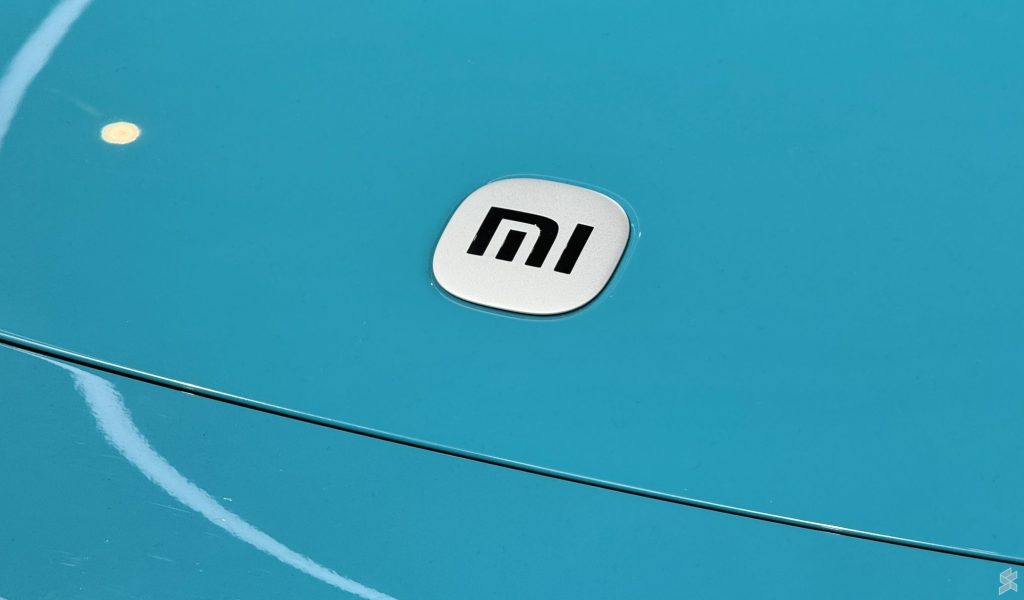
At the moment, there are still no plans to release the Xiaomi SU7 outside of its native market in China and plans to offer a Right-Hand-Drive (RHD) version. It is still remarkable that a brand that’s known for making affordable smartphones and various home IoT devices can release an EV in just a short period.
For a tech company to produce an EV is no easy feat as many have failed to kick out a production model. Apple recently cancelled its decade-long EV project after spending over USD 10 billion on the project. Even vacuum cleaner brand Dyson had embarked on their own EV project but they pulled the plug in 2019. It was reported that Dyson spent GBP500 million for the project with about 600 people working on it. The company even had plans to set up an EV manufacturing plant in Singapore by 2020 and to roll off its EVs out of the projection line by 2021.
If the SU7 is released worldwide, would you consider buying a car with a Xiaomi badge on it? Let us know in the comments down below.

